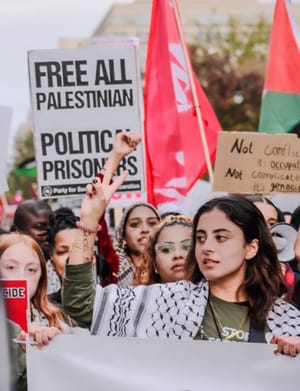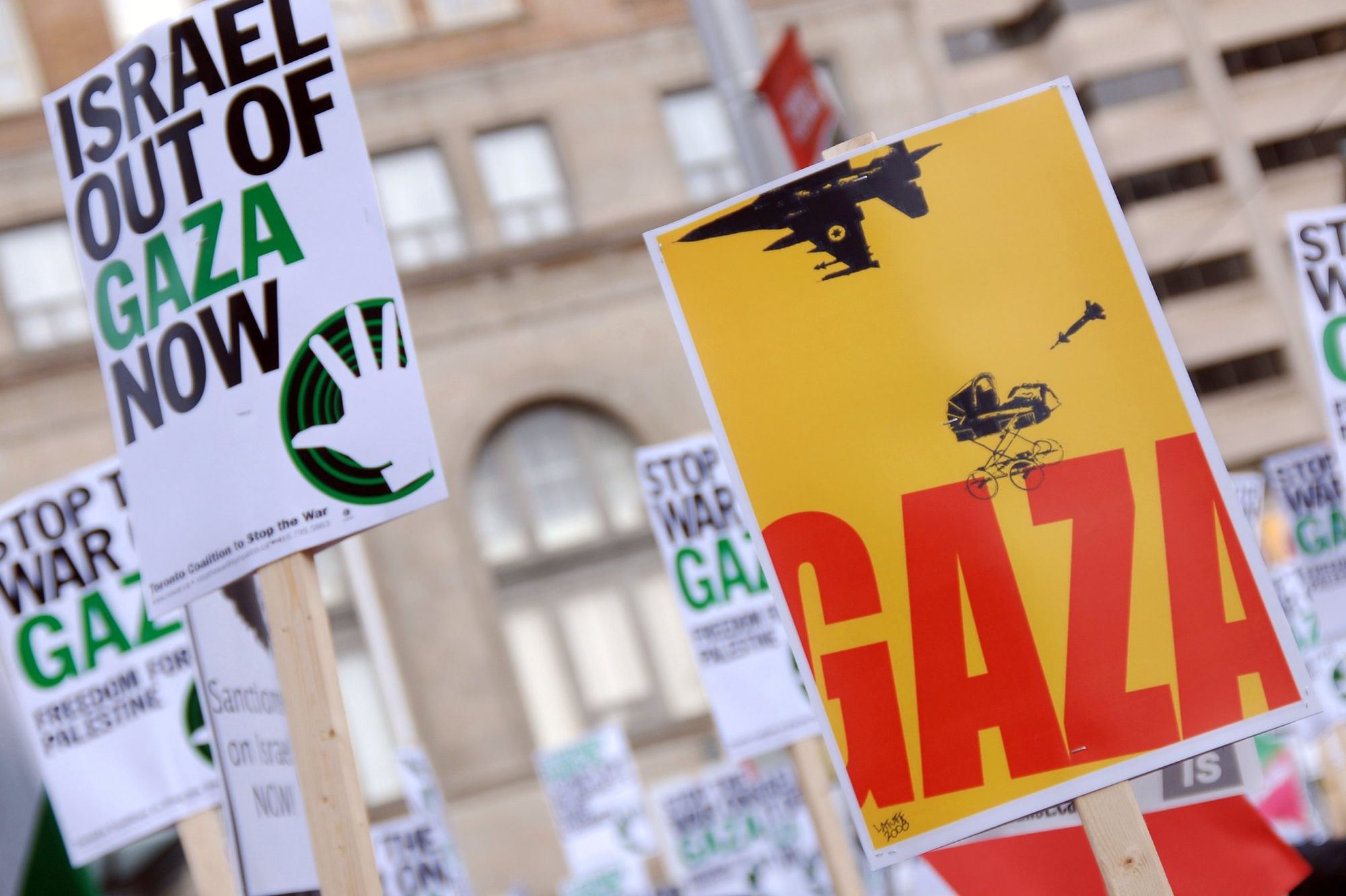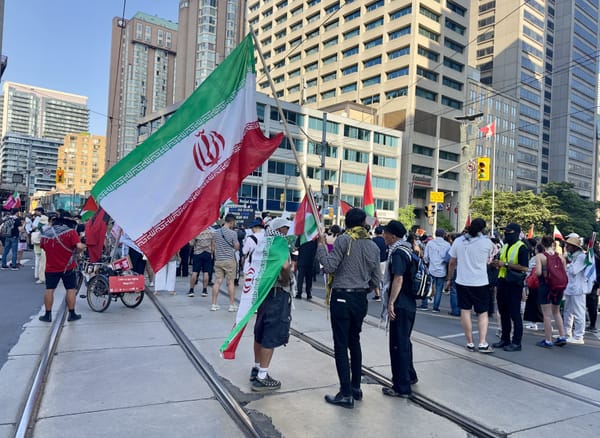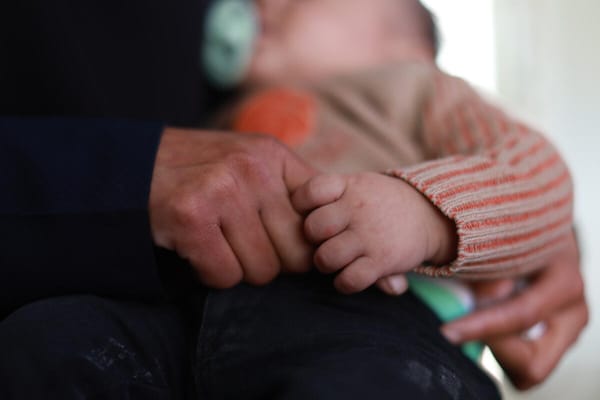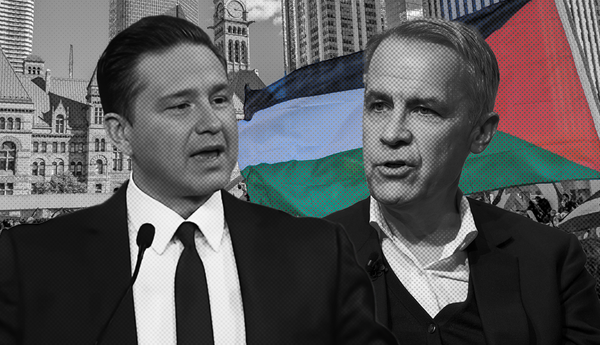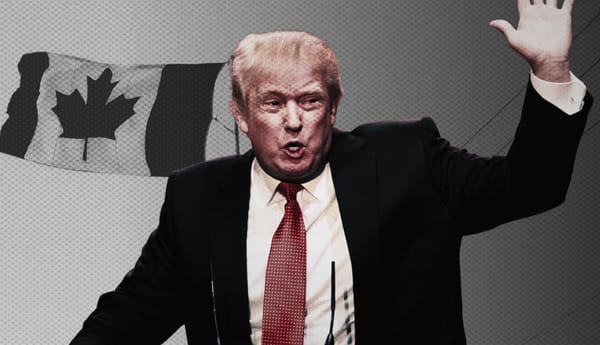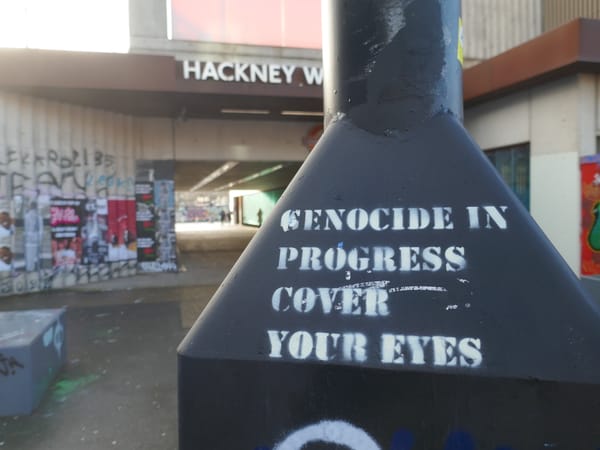Since October 7, Zionist airstrikes have killed more than 7,000 Gazans, including at least 2,913 children. Tuesday was reportedly the deadliest day for Palestinians since the beginning of the assault, with 748 recorded martyrs. Hundreds more are still missing underneath the rubble. In the occupied West Bank, the Israeli Occupation Forces (IOF) has killed at least 110 Palestinians and arrested more than 1,000. It has also arrested at least 4,000 Gazan labourers, meaning more than 10,000 Palestinian prisoners are now detained in Zionist jails.
The magnitude of the destruction of Palestinian life and infrastructure in Gaza is unfathomable: schools, supermarkets, malls, bakeries, churches, mosques, entire family lineages, and whole neighbourhoods have been eviscerated by Israeli airstrikes, which are backed by the United States and Canada. These airstrikes have included the dropping of widely condemned and illegal white phosphorus munitions, which were also used by the U.S. on Iraqis in 2004 and by the IOF on Gaza in 2008/2009.
In North America, grassroots organizations are demanding a ceasefire, a permanent halt to U.S. aid (particularly military aid) for the Zionist occupation of Palestine and an end to the siege on Gaza. Palestinians in Gaza have drafted a list of demands including an immediate end to the brutal bombing, the opening of an humanitarian corridor to allow the entry of aid and the restoration of water, electricity, and fuel access in the Strip. Hamas and other resistance groups, importantly, have released communiqués stating that when the indiscriminate bombing ends and “appropriate security conditions are met,” they’re willing to release hostages and negotiate a ceasefire, while also emphasizing that Israeli airstrikes have already killed approximately 50 of them.
This isn’t the first time in recent decades that Palestinian resistance groups have demanded a ceasefire. In 2014, both Hamas and Palestinian Islamic Jihad offered a decade-long ceasefire in exchange for several demands, including ending the siege on Gaza, approving a seaport and airport, expanding the fishing zone to 10 nautical miles, and releasing prisoners. Several humanitarian ceasefire agreements were eventually reached to allow the entry of aid.
This time around, all demands for a ceasefire coming from within Gaza have been vehemently rejected at various points by the Zionist state, the U.S, and Canada. The reason offered by Zionist officials is that Hamas is holding onto hostages — a position protesters in “Tel Aviv” have opposed. And yet, the government refused an initial Palestinian attempt to release two elderly hostages, only accepting them a few days after the first offer was made. In addition, while the threatened ground invasion of Gaza has been continuously delayed at the behest of the U.S., American troops are being prepared for a potential deployment and the Zionist state is arming an increasing number of settlers.
It’s clear the Zionist state and its imperialist sponsor are more interested in heightening colonial violence and collective punishment across the entirety of Palestine while ruthlessly bombing Gaza than protecting prisoners of war, who have damaged Zionist propaganda efforts in their post-release press conferences and interviews.
An immediate ceasefire is the only way to prevent thousands more Palestinians from being maimed, dismembered and slaughtered by Zionist airstrikes, but the fight for Palestine does not and should not end there. Since the start of the siege and air, land, and sea blockade on Gaza in 2006, countless ceasefires have been negotiated, brokered, and signed, only to be violated by Zionist forces. Meanwhile, Palestinians in Gaza have had to endure life in an open-air prison, with a collapsing healthcare system, frequently-destroyed infrastructure and deliberate underdevelopment.
In North America, liberal and left-leaning groups and politicians are demanding that Canada and the U.S. urge the Israeli state to enact a ceasefire. Some Liberal MPs in Canada are supporting Prime Minister Justin Trudeau’s call for a “humanitarian pause,” while Democratic Socialist Congresswoman Cori Bush in the U.S. is at the forefront of legislative calls for a ceasefire.
But none of these calls from within the belly of the beast align with Gaza’s demands and needs beyond this immediate moment — such as lifting the genocidal siege and liberating Palestinian prisoners — because they’d undermine the long-term interests of the Imperial Core. When we call on states materially invested in Zionist settler colonialism to broker or facilitate a “pause” or yet another temporary ceasefire, we allow a quiet return to the status quo of colonial violence.
The role of the Palestinian diaspora and co-strugglers is to follow the urgent demands of the people of Gaza. But, like Palestinians on the ground, we must also remember that true decolonization includes lifting the siege, halting military aid and weapons trade, and ending the occupation of Palestinian land and liberation from Zionist settler colonialism and imperialism in Palestine and the region at large. This goal will not be achieved through legislative lobbying and American- or Canadian-mediated negotiations.
A ceasefire, ultimately, is the first demand in a long, unwavering struggle for liberation led by the Palestinian people.

